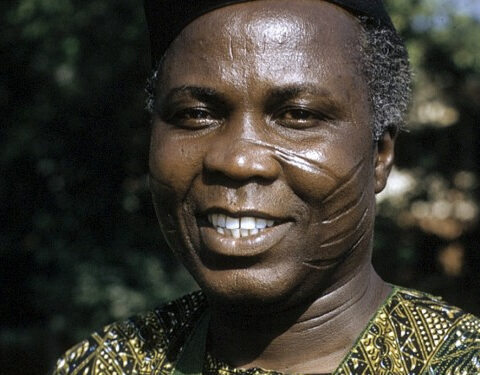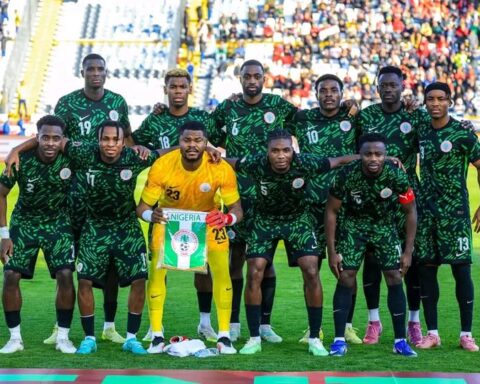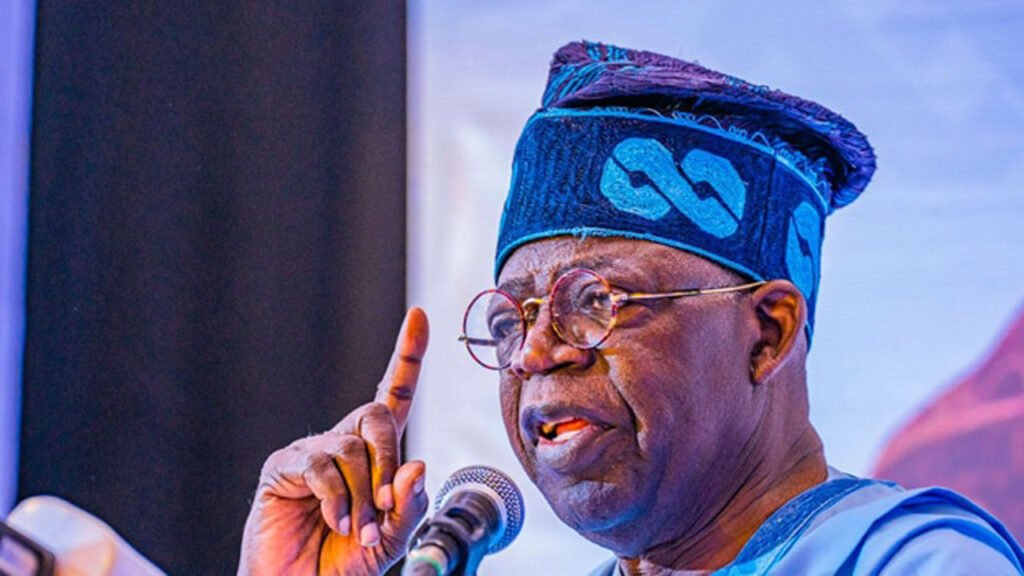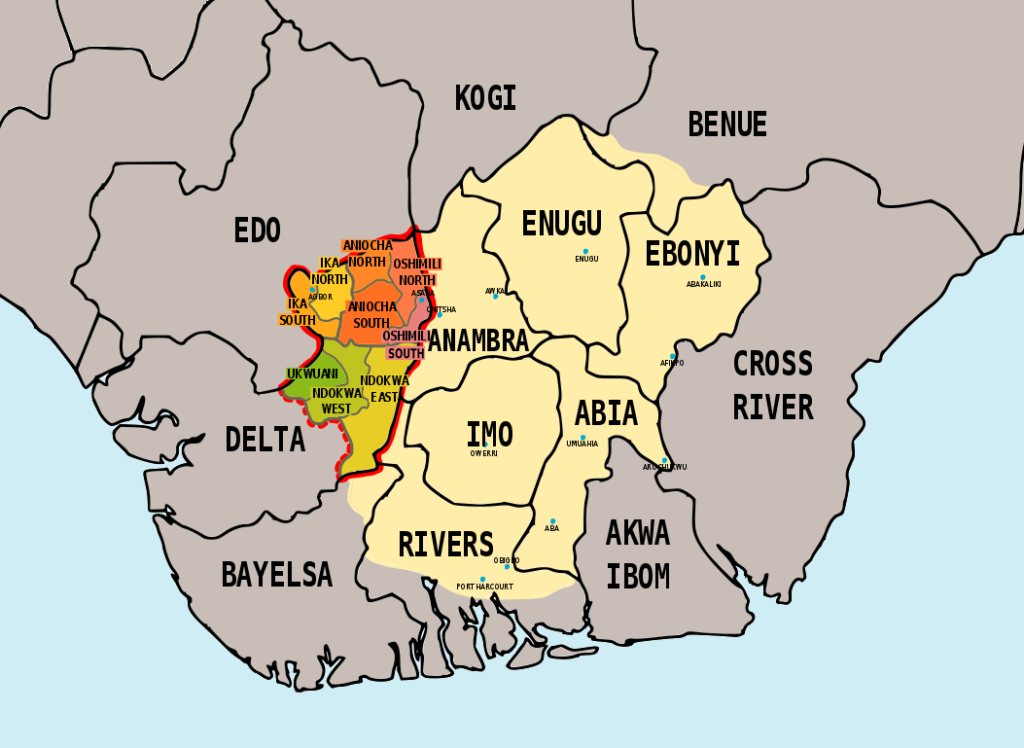By Agabaidu C. Jideani
Obierika, a pivotal character in Chinua Achebe‟s Things Fall Apart, embodies a philosophy of balance that resonates deeply with the Igbo worldview and serves as a critical lens through which to explore the novel‟s themes of tradition, colonialism, masculinity, and change. As Okonkwo‟s closest friend and counter-balance, Obierika‟s reflective, measured disposition contrasts sharply with Okonkwo‟s rigid adherence to cultural norms and fear of weakness, offering a nuanced perspective on the complexities of Igbo society and its collision with external forces.
His character reflects the Igbo emphasis on harmony, duality, and equilibrium, navigating the tensions between individual and communal responsibilities, masculine and feminine energies, and tradition and innovation. Through Obierika, Achebe crafts a figure whose philosophical depth illuminates the moral and existential challenges of a society in transition, making him a timeless symbol of resilience and introspection.
In the Igbo worldview, balance is a foundational principle, evident in the culture‟s cosmological, social, and moral frameworks. The Igbo recognize a dualistic universe where opposing forces, human and divine, individual and collective, masculine and feminine, must coexist in harmony. This harmony is exemplified in the saying: “Ndu Mmili, Ndu Azu”. Here, the society seeks to balance sustainability and interdependence such that the survival of the fish and aquatic life is.
found within the global need for the survival of the body of water. It is further said amongst the Igbo people that: “Mmili bu ndu Azu, Mana Azu bu Ogo Mmili”; thus, whilst the water sustains the fish, the fish in turn glorifies the water and gives it its essence- thus harmonious interdependence and sustainability is highlighted.
This is further encapsulated in their belief in chi, a personal spirit that shapes one‟s destiny when aligned with individual actions and communal values. Okonkwo‟s relentless ambition and rejection of perceived weakness disrupt this harmony, leading to his alienation and suicide. Obierika, by contrast, exemplifies balance in his relationship with his chi. As a successful, titled man, he achieves wealth and respect without dominating others, reflecting the Igbo ideal of aligning personal effort with collective well-being. His pragmatic decision to sell Okonkwo‟s yams during his friend‟s seven-year exile (Chapter 15) ensures economic stability for Okonkwo‟s family while respecting communal norms, demonstrating a wisdom that harmonizes individual loyalty with societal expectations.
Obierika’s reflective nature further aligns with the Igbo practice of questioning traditions to maintain moral equilibrium. The Igbo are a people who continually interrogate issues and seek to maintain practicality and effectiveness. It is said amongst them. “Ikenga Adizi Ile Awaa Ya Nku”; thus, when the deity loses its potency, it is discarded. This finds expression in Obierika‟s refusal to take part in the Killing of Ikemfuna, though this was an activity sanctioned by the Oracle, it didn‟t sit well with Obierika, and as a conscientious objector, he refused to take part in it.
The Igbo value righteousness, where actions are judged by their alignment with communal values and divine will, often mediated through institutions like the Oracle of Agbala. Obierika‟s discomfort with harsh customs, such as the abandonment of twins in the Evil Forest, “What crime had they committed?” (Chapter 13), reveals his belief in a higher ethical standard that transcends rigid laws. This critique echoes the Igbo proverb “ Ife Kwulu, Ife Akwudebe ya” loosely translated as “Wherever something stands, something else will stand beside it,” indicating the duality of things and emphasizing the need for balance between opposing perspectives. Similarly, his questioning of Okonkwo‟s exile for an accidental killing, “Why should a man suffer so grievously for an offense he had committed inadvertently?” reflects the Igbo practice of weighing tradition against justice, seeking fairness within the framework of nso ani (sacredness of the earth).
The Igbo emphasis on gender balance, where masculine and feminine energies complement each other, is another dimension of Obierika‟s philosophy. The culture venerates masculine qualities like strength and ambition but equally values feminine traits like nurturing and diplomacy, embodied by deities like Ani, the earth goddess. Okonkwo‟s hyper-masculine rejection of anything “womanly” violates this balance, as seen in his violation of the Week of Peace by beating his wife Ojiugo (Chapter 4), earning communal censure. Obierika, however, integrates both energies. As a titled man, he fulfills masculine roles, yet his compassion is evident in his care for Okonkwo‟s family and his prioritization of his daughter‟s happiness during her bride price negotiation (Chapter 12). Unlike Okonkwo, who imposes his ideals on his son Nwoye, Obierika‟s balanced approach reflects the Igbo ideal of “Nwoke izu ezu” (Manly Completeness), which includes protecting and nurturing the family, not just dominating it.
Communal harmony, maintained through dialogue and consensus, is central to Igbo society, as seen in the umunna (clan assemblies) and the egwugwu, masked spirits who adjudicate disputes impartially. Obierika‟s preference for dialogue over confrontation mirrors this ethos. During Okonkwo‟s exile, he visits Mbanta and discusses the missionaries‟ impact, noting, “It is already too late… Our own men and our sons have joined the ranks of the stranger” (Chapter 20). This reflective approach aligns with the Igbo practice of speaking openly to achieve consensus, prioritizing communal unity over personal ego. His restraint contrasts with Okonkwo‟s impulsive violence, positioning Obierika as a figure who seeks to maintain harmony even in crisis.
The Igbo view of time as cyclical, tied to rhythms like the yam festival, fosters adaptability to change, recognizing that life involves both continuity and transformation. Obierika‟s pragmatic response to British colonialism reflects this perspective. While Okonkwo resists with violence, Obierika observes the clan‟s fragmentation with sorrow but avoids reckless action. His lament “The white man is very clever. He came quietly and peaceably with his religion… Now he has won our brothers” (Chapter 20), reveals an understanding of colonialism‟s insidious mechanisms, akin to a Hegelian view of history where change erodes old structures from within. His care for Okonkwo‟s yams and his final condemnation of the colonial administration “That man was one of the greatest men in Umuofia. You drove him to kill himself” (Chapter 25), demonstrate a commitment to preserving what he can while acknowledging irreversible change, echoing the Igbo proverb about the lizard that praises itself after jumping from the iroko tree.
Philosophically, Obierika’s balance raises questions about agency and inaction. His restraint could be seen as a lack of Nietzschean “will to power,” unlike Okonkwo’s destructive defiance. However, a Taoist reading suggests his passivity reflects an acceptance of life’s natural flow, avoiding the hubris that leads to Okonkwo‟s downfall. His role as a caretaker and witness, preserving Okonkwo‟s legacy and articulating the clan‟s loss, becomes his form of agency, prioritizing endurance over rebellion. This resonates with the Igbo cyclical view, where survival through adaptation ensures future renewal.
Obierika’s universal relevance lies in his embodiment of the human struggle to reconcile personal values with societal norms, particularly in times of cultural upheaval. His grief over Igbo society’s collapse mirrors the experiences of marginalized communities worldwide, while his restraint invites reflection on navigating moral dilemmas when resistance seems futile. As a Socratic figure, he questions without fully rejecting, and as an existentialist precursor, he confronts absurdity yet persists authentically. Through Obierika, Achebe illustrates how the Igbo philosophy of balance, rooted in duality, dialogue, adaptability, and moral reflection, offers a framework for navigating a fractured world, making him a profound symbol of wisdom and resilience in the face of inevitable change.
Obierika was an “Okpaelo” whose philosophy of balance, temperance, and introspection helped to undo knots and ensure sustainability.
Follow us on all social media platforms @dailyquery for news and analyses around the globe.

